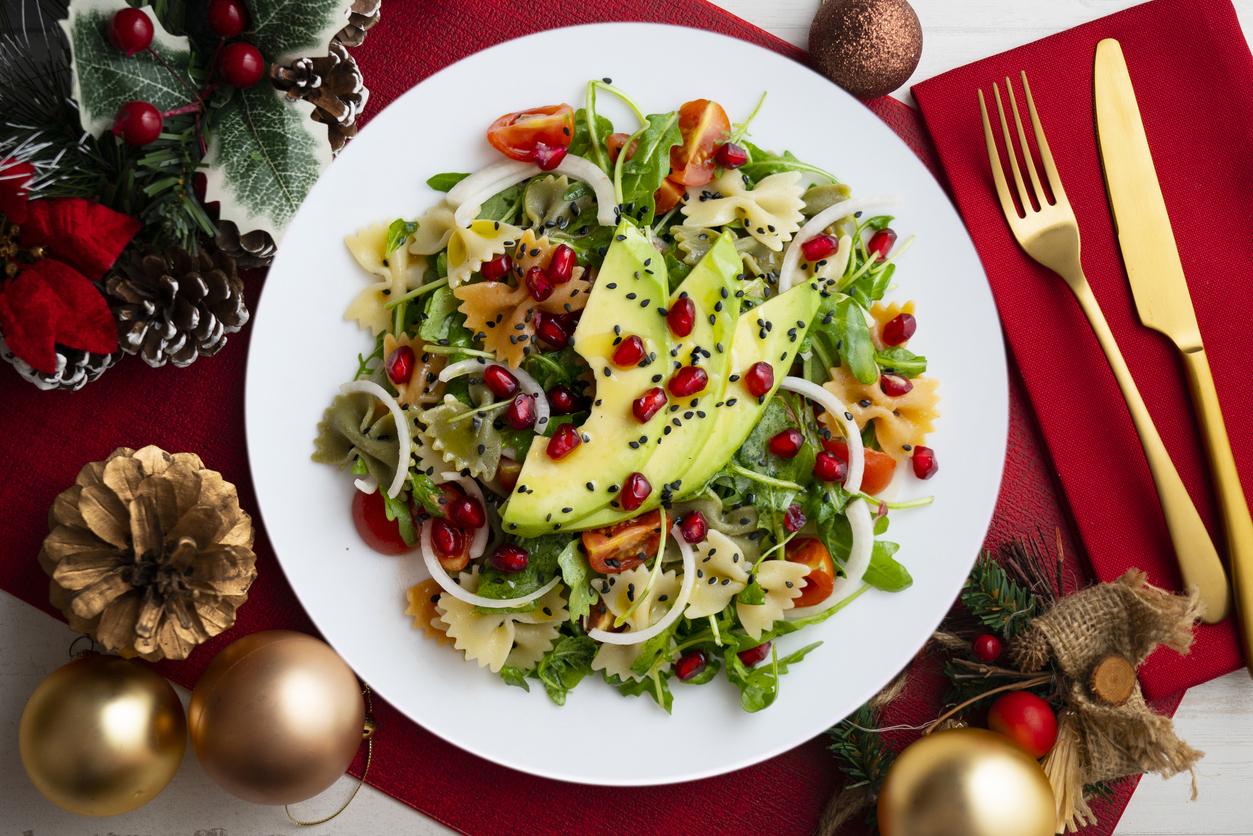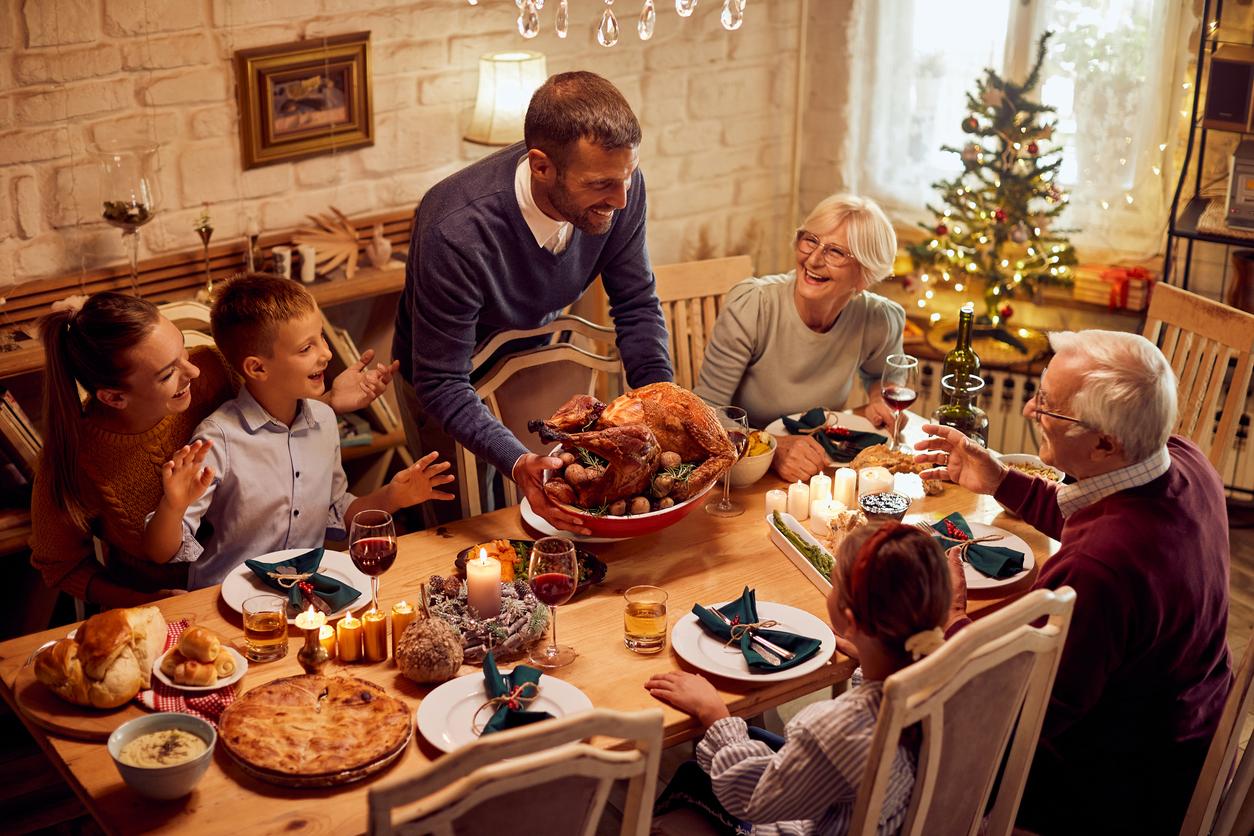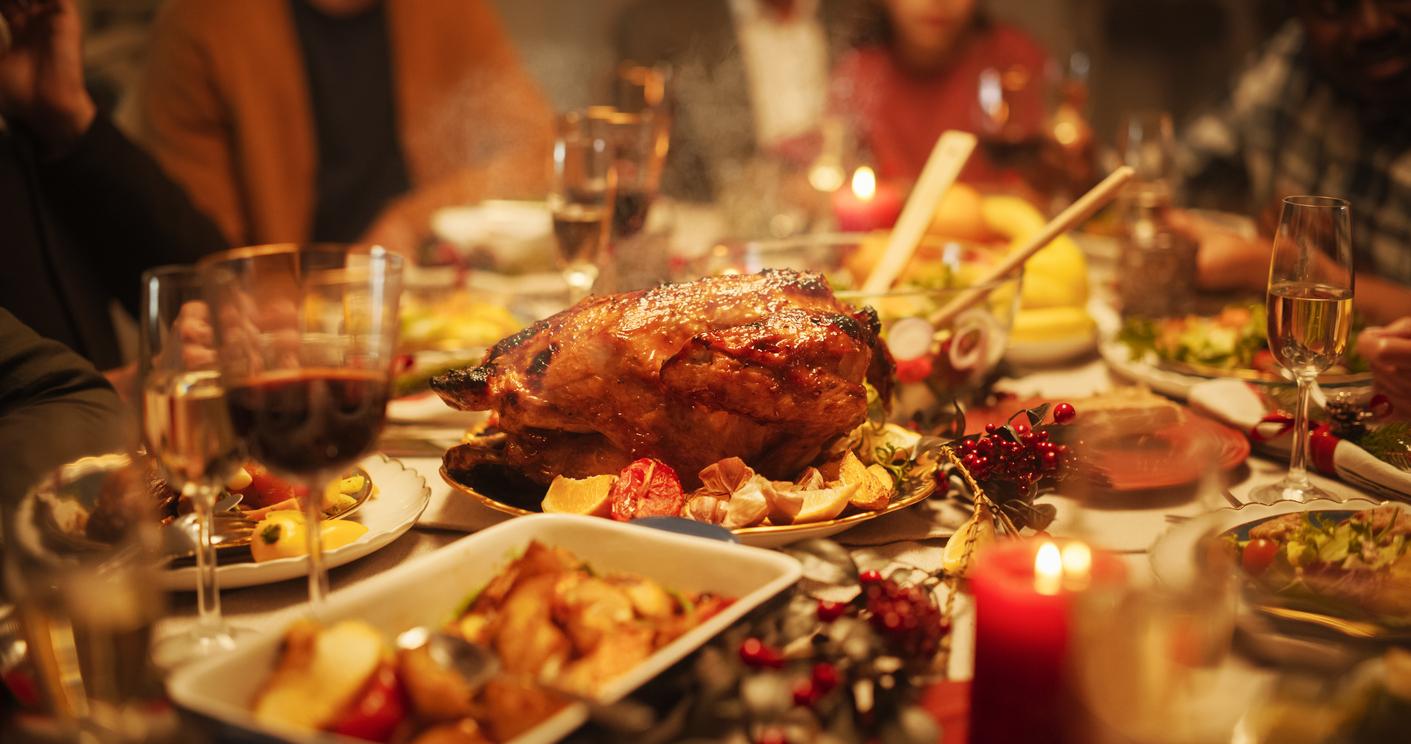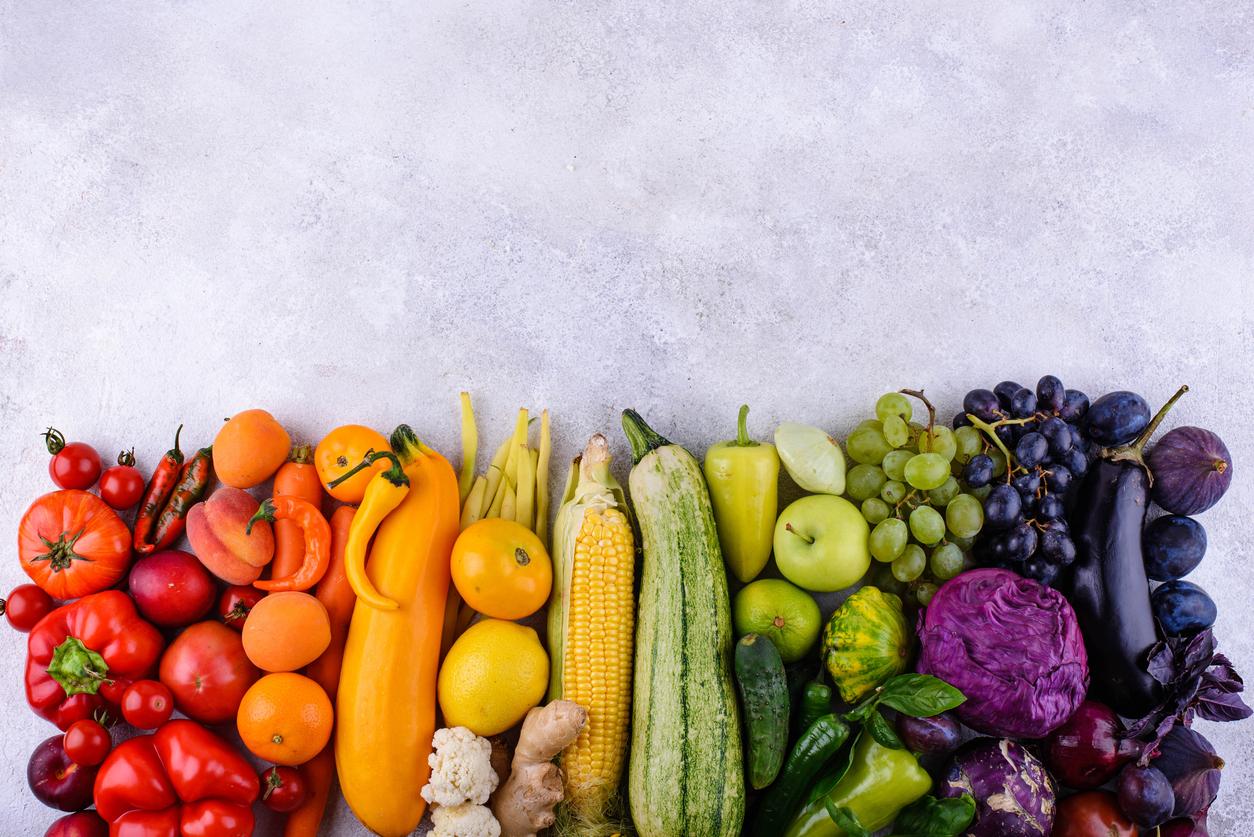While motorhomes are generally equipped with a small kitchen, this is not the case with other modes of transport used for traveling holidays. Dietitian nutritionist Hélène Lemaire delivers the keys to a healthy diet in these conditions.

Road-trip by car, van, motorhome or motorbike, backpacking… A multitude of possibilities exist to get off the beaten track and treat yourself to a traveling holiday. Only, apart from the question of the material arises that of the food. How can you eat well when you don’t have an oven or microwave, or even a refrigerator or hotplates? Update with nutritionist dietitian Hélène Lemaire.
How to prepare your traveling holidays from a food point of view?
First, you have to take stock of the equipment you have. Refrigerator, means of cooking, table, cutlery, utensils like a blender, or even a grater… You have to go through everything. Then, you have to adapt: in general, the food will be mostly raw and bought at the last moment, in case you don’t have a refrigerator. Great care should be taken in storing food so as not to become poisoned; eggs are the only fresh products that can be kept at room temperature.
How to adapt your usual recipes?
You can replace preparations such as grated carrots or cucumber salads with raw pieces. Rather than making a vinaigrette, you can dip the vegetables in pre-prepared tapenade, guacamole or hummus. Be careful though: some buy carrots already cut, in a bag, which is not necessarily very good. As they are preserved, they have lost a lot of vitamins and minerals. In addition, they are more expensive, it is better to favor a fresh carrot that will be cut.
Whatever recipes we adapt, we will opt for raw and healthy foods that we will prepare simply, with very little or no cooking. The advantage is that you keep all the vitamins and minerals. Then, not cooking your fruits and vegetables is not a problem, especially with the summer heat, especially since it’s good to take advantage of being itinerant to taste all the fruits of summer.
What foods to choose so as not to have deficiencies?
If you have a small stove, you can cook pasta and rice, or even potatoes. If necessary, to avoid having deficiencies due to the absence of starches, it is necessary to consume complex sugars, which will provide starch. Thus, it is better to buy leguminous cereals, such as chickpeas and lentils, which can be taken in jars. There are also sachets of quinoa and lentils that you can eat cold, in a salad, if you don’t have a microwave.
Embellished with vegetables and fruits for vitamins, minerals, trace elements, antioxidants and fibers, this constitutes the large vegetable part of our diet. In terms of protein, if you can’t cook the food, it will be difficult to eat eggs. On the other hand, you can buy ham, but be careful to choose it organic or without nitrite. There is also cold meat cut into pieces, and the possibility of buying roast free-range chicken.
For fish, you can take cans of tuna, sardines, or even mackerel. It is also possible to opt for shrimps, sold in sachets, but you have to be sure to consume them quickly if you don’t have a refrigerator. Conversely, cheese does not need to be kept cool. Fat normally found in oil can be added to this list, replacing it with olives, almonds or hazelnuts.
.

















